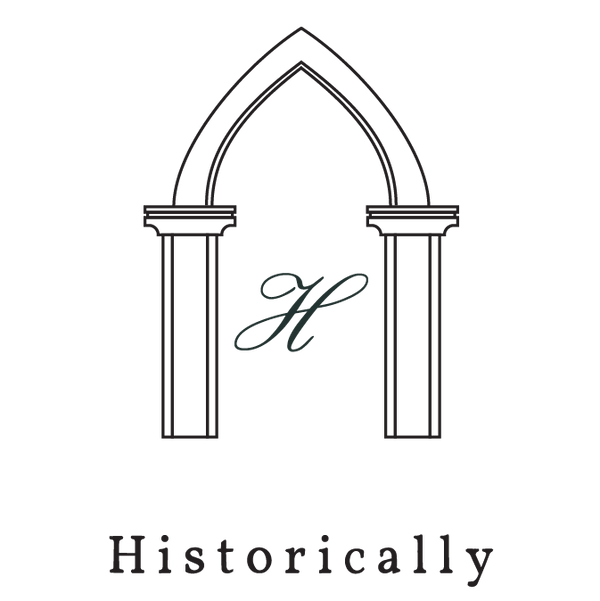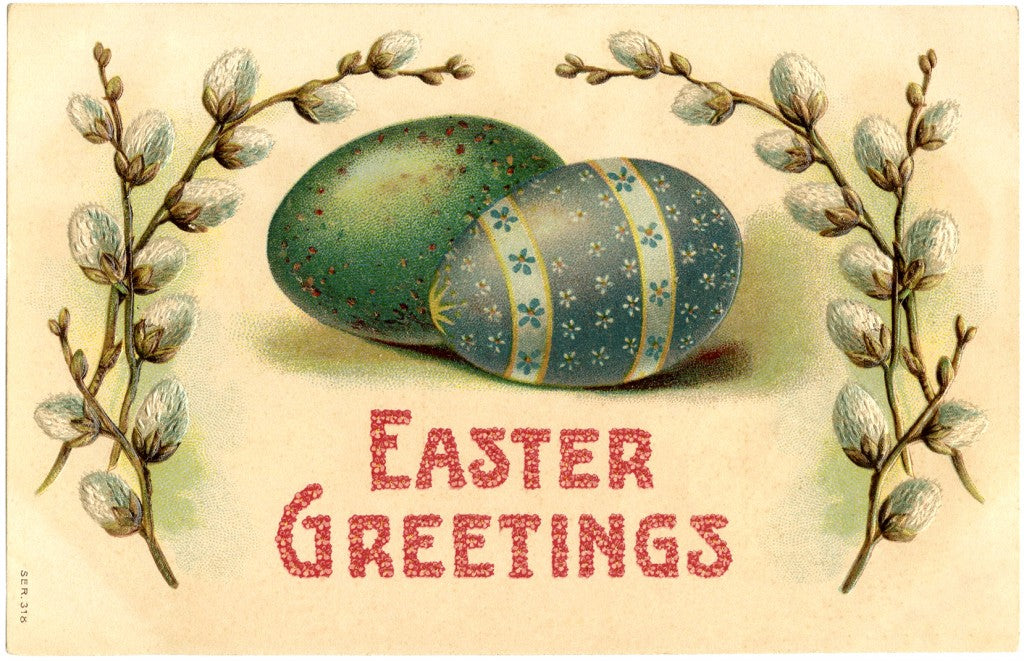The Easter egg hunt is one of the most beloved springtime traditions, eagerly anticipated by children and adults alike. But where did this custom originate? While modern Easter celebrations are largely shaped by Christian and secular influences, the practice of hunting for eggs has roots that stretch back centuries, intertwining elements of pagan rituals, medieval Christian customs, and Victorian innovation.
Pagan Beginnings: Fertility and Spring Celebrations
Long before the arrival of Christianity in Europe, many ancient cultures revered eggs as symbols of fertility, renewal, and rebirth. Spring festivals, such as those honoring the Anglo-Saxon goddess Ēostre, celebrated the changing of the seasons and the renewal of life after the harsh winter months. Eggs, often associated with fertility deities, were likely exchanged or hidden as part of these festivities.
Similarly, in ancient Persia and among early Zoroastrians, decorated eggs were used during Nowruz, the Persian New Year, as a representation of renewal. These practices may have influenced later European traditions.
Christian Symbolism: The Egg as a Symbol of Resurrection
As Christianity spread across Europe, existing pagan traditions were often adapted into Christian observances. By the Middle Ages, eggs had taken on religious significance, symbolizing Jesus Christ’s resurrection from the tomb. Since eggs were forbidden during Lent, their return to the diet on Easter Sunday made them a natural focus of celebration.
By the 12th and 13th centuries, eggs were often blessed by the Church and distributed among congregants. Over time, the custom of decorating eggs became more elaborate, with dyed and painted eggs becoming a cherished part of Easter festivities, particularly in Eastern Orthodox and Catholic traditions.
The Easter Egg Hunt: A Royal and Protestant Tradition?
The modern Easter egg hunt is often attributed to 16th-century Germany. Some historians believe that the Protestant reformer Martin Luther played a role in popularizing egg hunts. It is said that he organized egg hunts for his congregation, particularly for children, to celebrate Easter and reinforce religious teachings.
Another tradition that influenced the egg hunt comes from the German folklore of the Osterhase (Easter Hare), first recorded in the 17th century. According to legend, the Osterhase would lay eggs in hidden places for well-behaved children to find, much like Santa Claus delivering gifts at Christmas. German immigrants brought this custom to America in the 18th century, particularly in Pennsylvania, where it became widely embraced.
Victorian Innovation and Popularization
The Easter egg hunt gained widespread popularity in the 19th century, particularly in England and America. Queen Victoria played a significant role in its adoption, as she and Prince Albert delighted their children with Easter egg hunts at Windsor Castle. The royal endorsement helped transform egg hunts into a mainstream tradition.
During the Victorian era, Easter celebrations became more child-focused, with chocolate eggs and egg-shaped gifts gaining popularity. This shift laid the foundation for the commercialized Easter traditions we see today, including the large-scale hunts held in public parks and gardens.
The White House Easter Egg Roll and Modern Traditions
In the United States, the tradition took a presidential turn in 1878 when President Rutherford B. Hayes opened the White House lawn to children for the first official Easter Egg Roll. While this event differs slightly from an egg hunt, it reinforced the connection between Easter, eggs, and playful competition, further cementing the tradition in American culture.
A Tradition That Endures
From ancient fertility rites to Christian symbolism, German folklore, and royal endorsement, the Easter egg hunt has evolved into a cherished custom that bridges cultures and generations. Whether children are hunting for chocolate eggs in their backyard or participating in grand public hunts, they are engaging in a tradition that carries echoes of history—one that continues to bring joy and celebration every spring.
So the next time you hide an Easter egg, remember: you are taking part in a centuries-old tradition that has spanned civilizations, faiths, and cultures, keeping the spirit of renewal alive.

